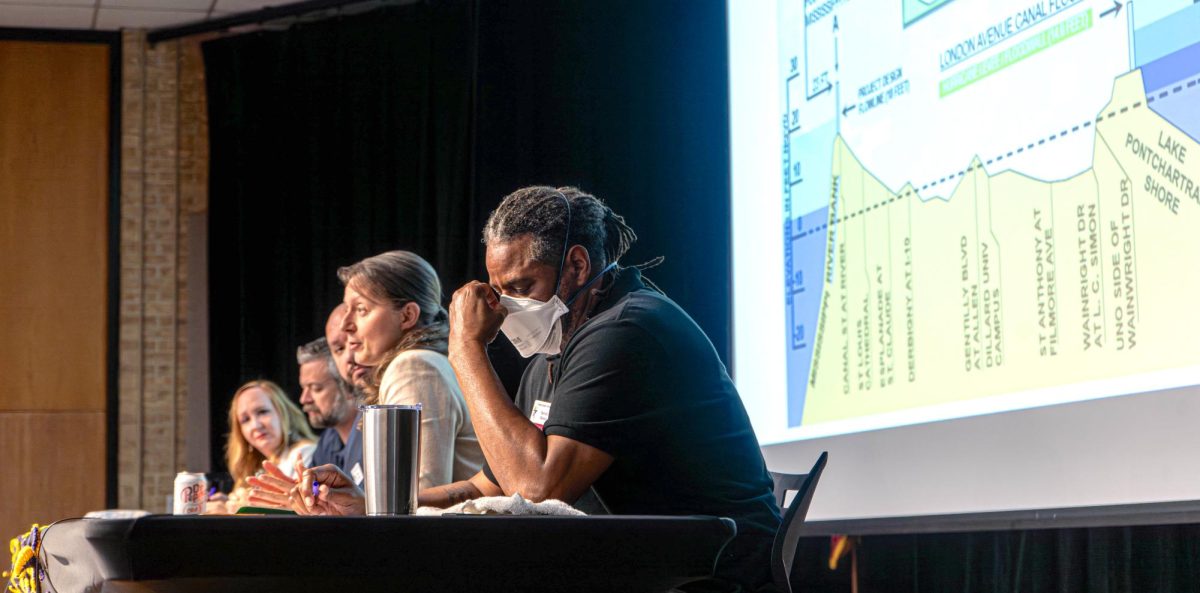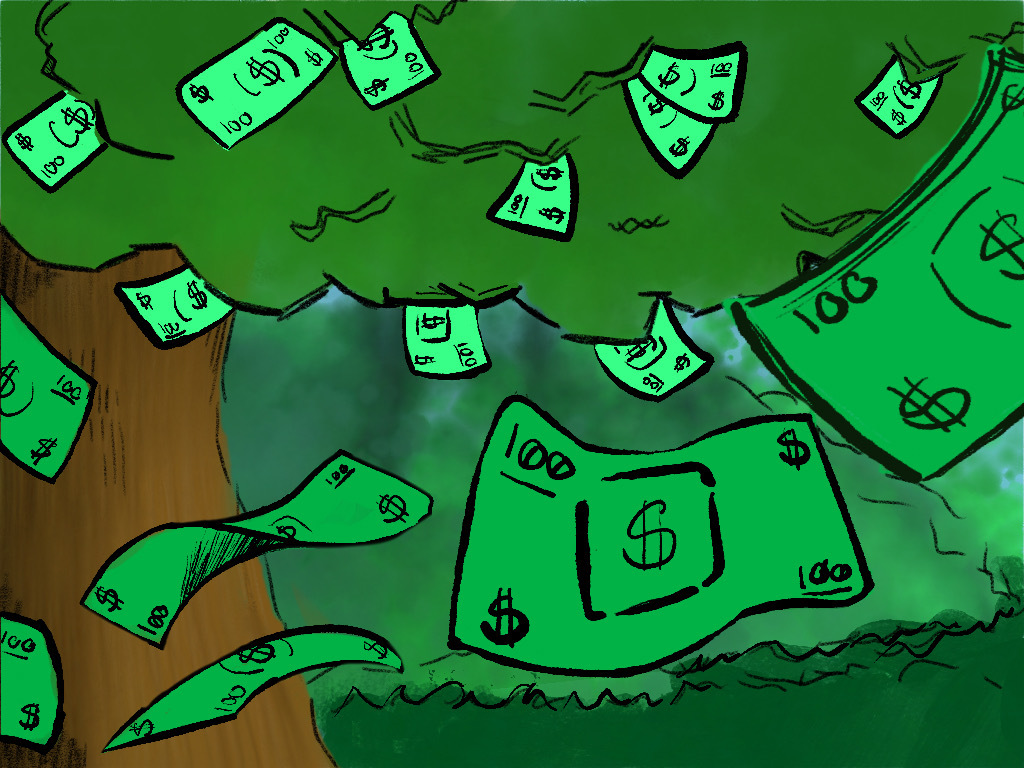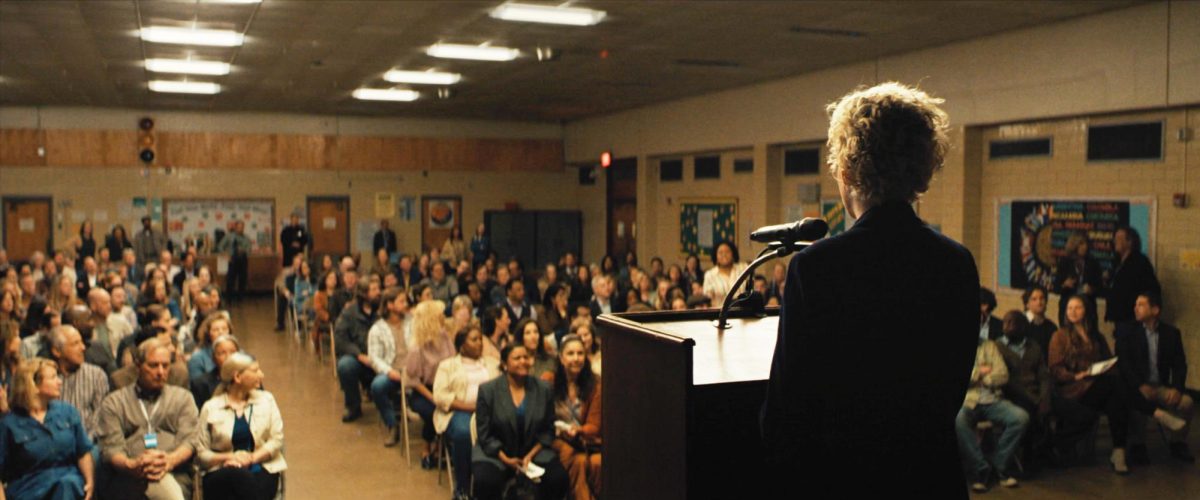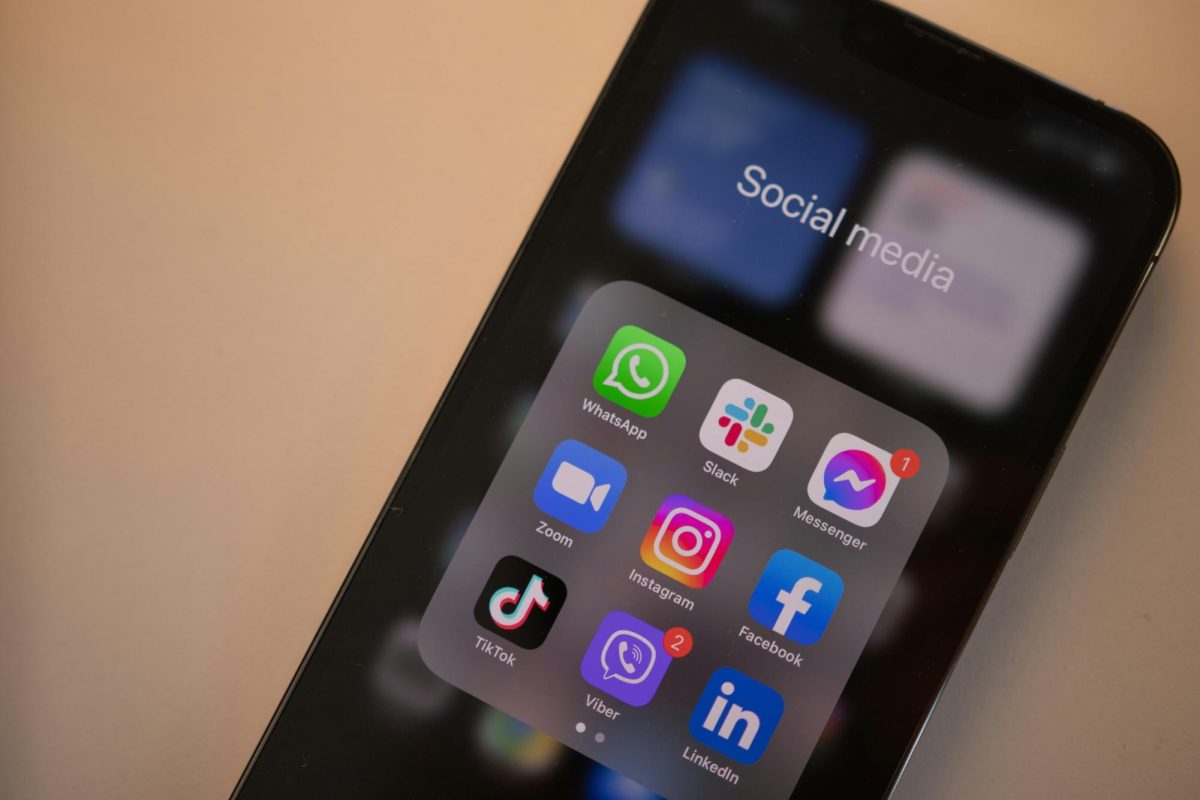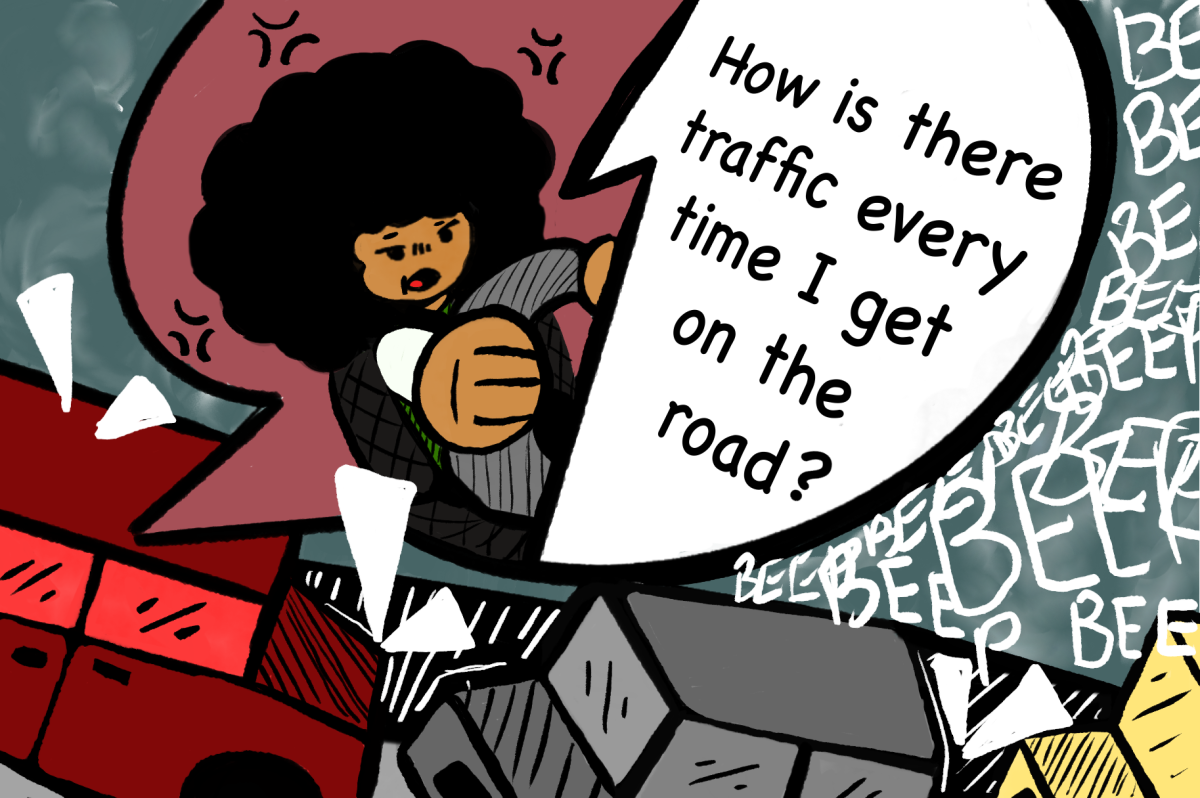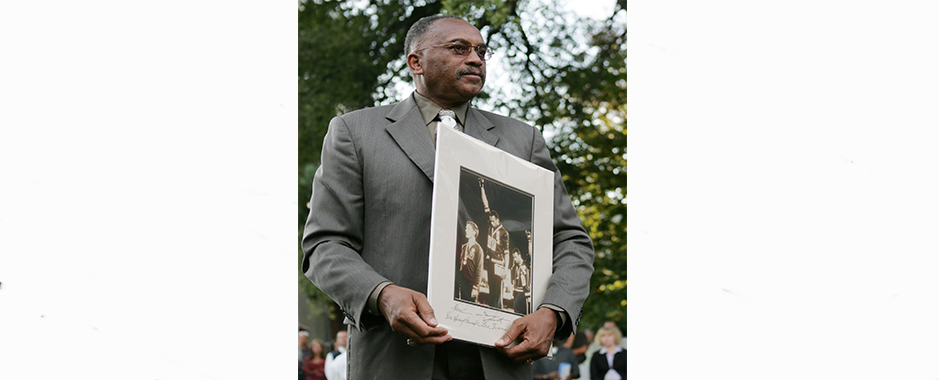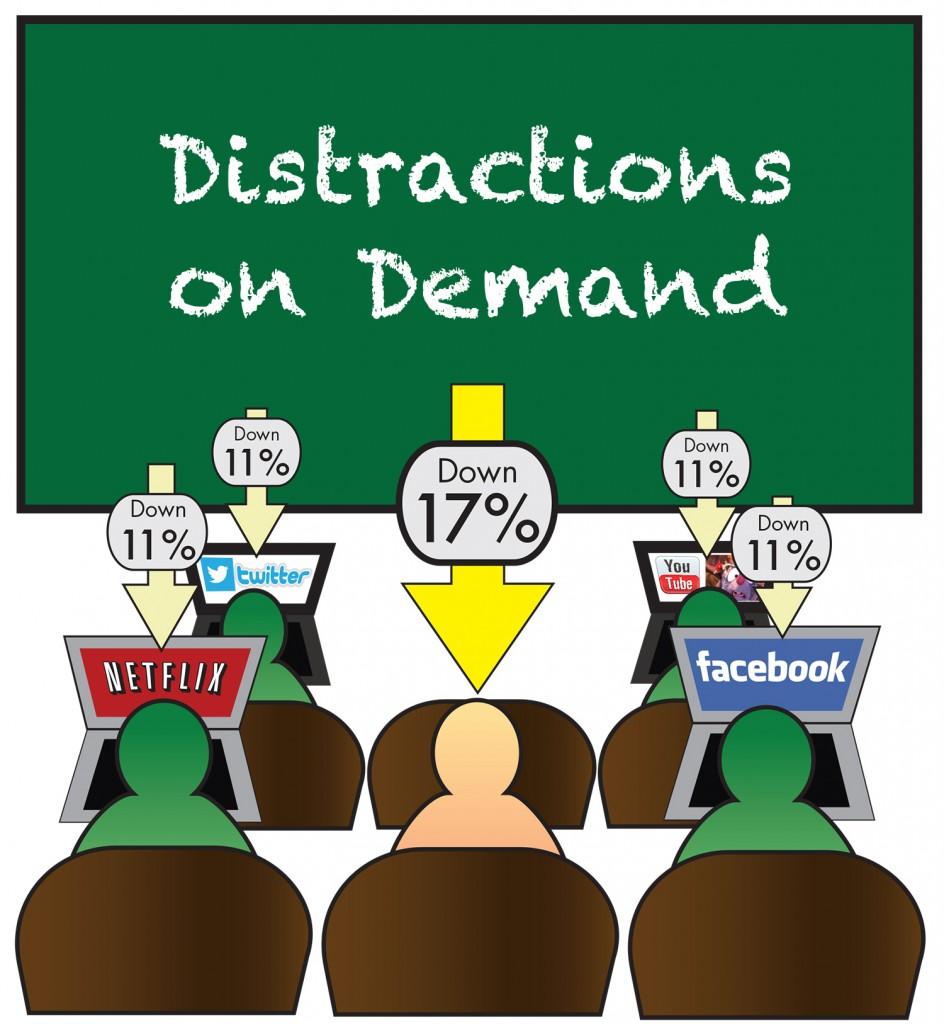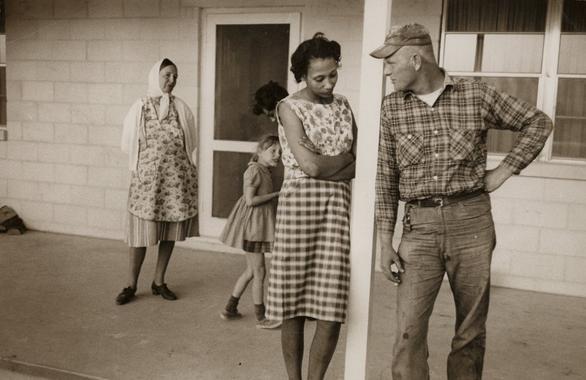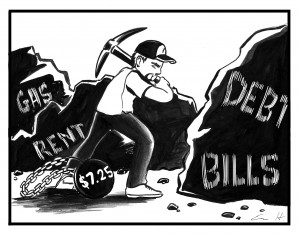
The minimum wage was designed to ensure that a single person can support a family, and the current minimum wage fails that test.
An employee working full time 50 weeks a year, making the current minimum wage of $7.25 earns $14,500 before taxes. But, according to the Department of Labor, the 2012 average annual housing expense was $16,887. That’s before taking into account any food costs, which have steadily risen to an average expense of $6,599 per year. What about a car payment, car insurance, health insurance or utilities?
The facts show that regardless of the minimum wage, the cost of living and inflation have risen consistently. Some states such as California, Washington and New York already have raised the state minimum and are in the process of raising the minimum wage more. President Obama has signed a raise of new federal contract worker minimum wages to $10.10 per hour.
Some economists argue that raising the minimum wage increases unemployment while other economists argue the opposite. And they both have supporting evidence. Based on the Department of Labor’s website, the unemployment rates in California and New York have seen at least a 1 percent drop in the past year. Washington also lowered unemployment by a little less than 1 percent last year.
The argument could be made that raising the minimum wage in these states actually improved unemployment rates. Could this be because extending long-term unemployment benefits is being filibustered in Congress and the checks have stopped coming? Or maybe it’s because with a higher minimum wage, entry-level positions no longer seem like a waste of time.
The National Restaurant Association and the National Retail Federation’s concerns are being unable to afford their workforce anymore. Raising the minimum wage is expensive for companies. But McDonald’s reported $2.4 billion in paid dividends in 2010, $2.6 billion in 2011 and $2.9 billion in 2012. How much of that did their minimum-wage employees receive? None.
So is it a matter of greed? The income gap has grown over the past few years with 95 percent of all income gains since 2009 flowing up to America’s top 1 percent, according to The Christian Science Monitor. A National Bureau of Economic Research paper stated that income inequality is growing even among the top 10 percent of earners with CEOs’ pay increasing faster than lawyers and investment bankers.
The last time the minimum wage was raised, companies weren’t also raising the wages of people already getting paid more than that. Maybe it feels like what had to be worked hard to achieve is being handed out for free.
Regardless of greed, the class divide is growing, and the middle class is disappearing.
Raising the minimum wage will help by raising the baseline, making the poorest less poor. It will definitely help students trying to put themselves through college, single parents who have no hope of paying bills on their own and anyone working more than one or two jobs to make ends meet.
The cost of living is rising everywhere but not the rate of income. It’s driving more of our nation into poverty. Our education rates are some of the lowest in the world now, dropping as steadily as the economy since 2008. Is this because so many people can’t afford pursuing an education beyond high school?
This isn’t about making life a vacation or raising our poor into the lap of luxury. It’s about returning the fight of survival back into the people’s favor. It’s about protecting the opportunities available to every American as long as they can afford it.

